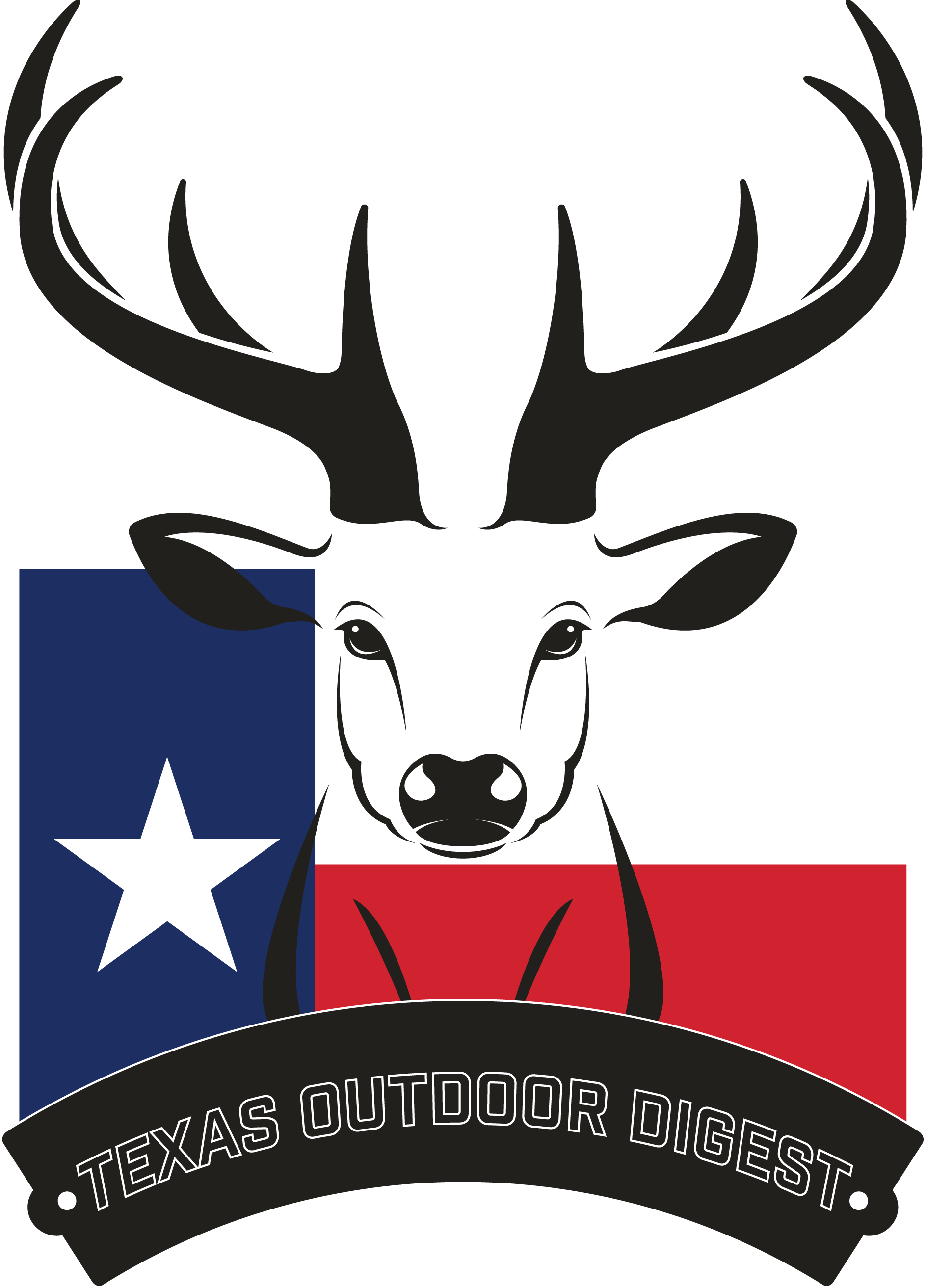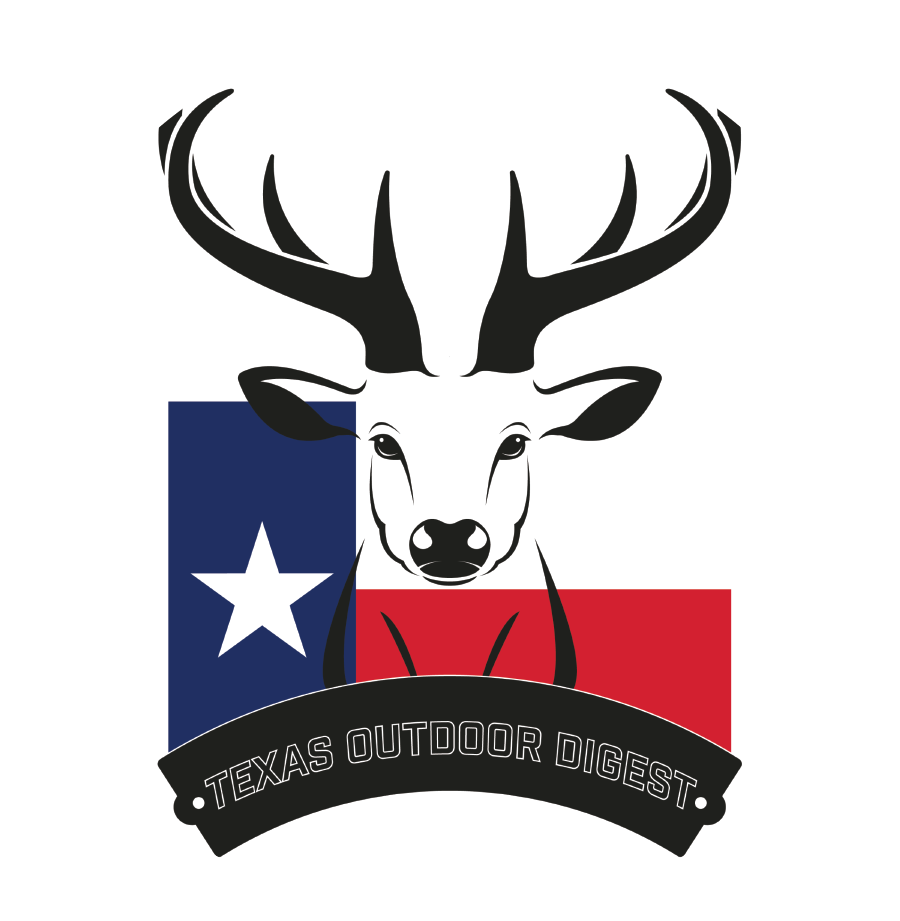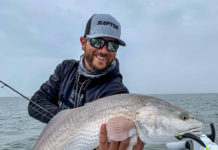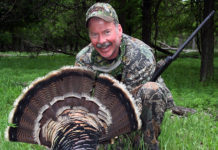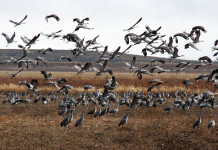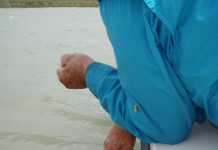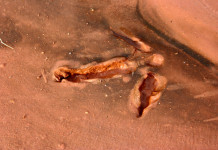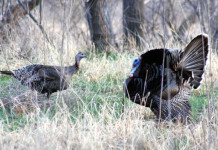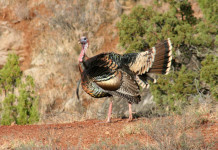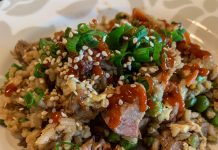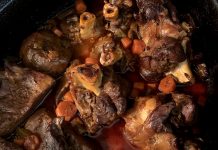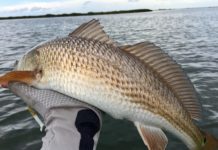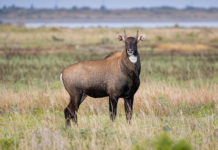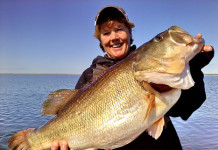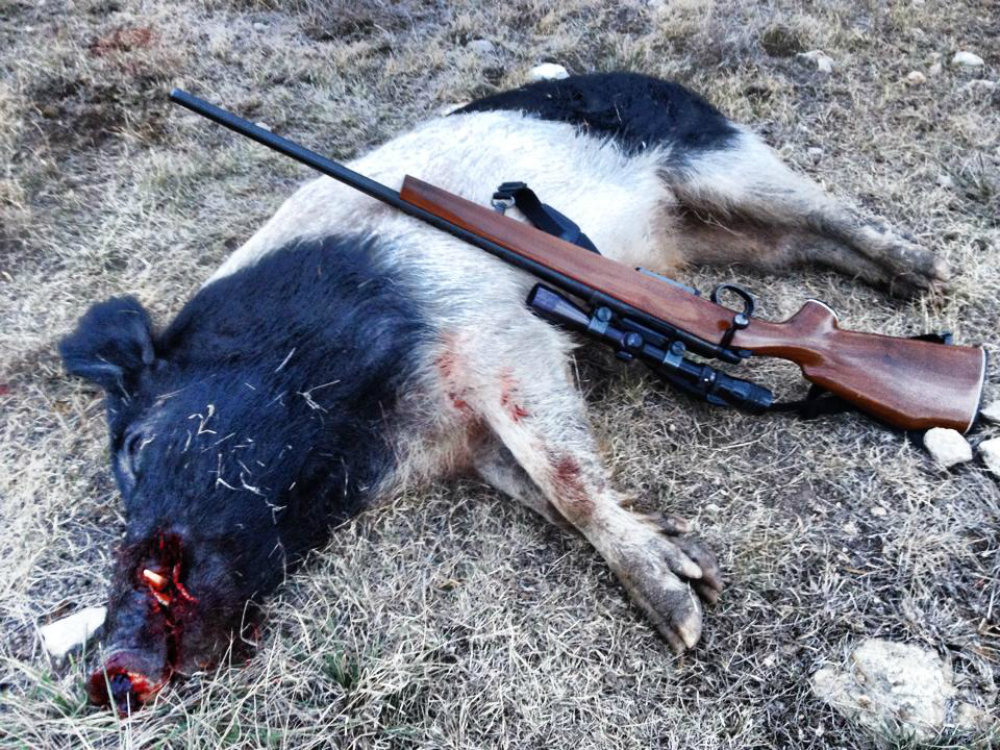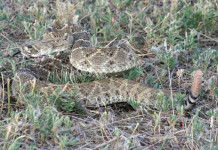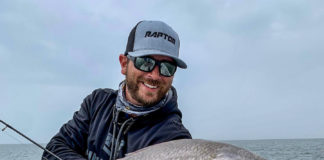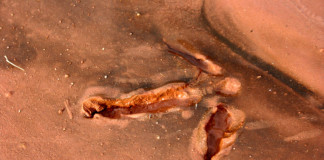Texas’ war on feral hogs is a never-ending battle. However, recent legislation signed into law by Gov. Greg Abbott is loosening the regulations currently on the books, allowing hunters to take the invasive species without a hunting license beginning Sept. 1.
On May 31, Abbott signed into law Senate Bill 317, authored by state Senator Bryan Hughes, of Mineola, which will allow the hunting of feral hogs without a license on private lands, with landowner consent. The bill unanimously passed the state Senate on April 11. In the House, the bill near unanimous support, with seven abstains and only two no votes.
Hughes previously noted that current laws as part of the Texas Parks & Wildlife Code could be interpreted to mean someone would have to prove that hogs are doing damage before you have the right to shoot them. The legislation clarifies that feral hogs can be killed without a license whether or not damage is being caused.
Feral hogs in Texas continue to generate headlines for all the wrong reasons. The invasive species has taken root across most of the state and the population only continues to grow. A report from research conducted by Texas A&M University in 2010 showed what the time was an alarming problem: if left unchecked, the state’s feral hog tally – which was averaged at roughly 2.6 million animals – will more than triple in five years. That report was done using landowner surveys from 139 of Texas’ 254 counties, showing that the estimated reduction on feral hogs statewide from trapping, hunting and other methods was 753,646, or 29 percent of the population. Even at that same harvest rate, the report stated that the population would still double in five years.
Remember, this was back in 2010 and by all accounts there are now wild swine found in nearly every county of the state.
The main issues with feral hogs boil down to biology and the fact that their population growth simply can’t be contained. They’re also equipped to thrive despite heavy eradication efforts and destroy native habitats with ease. They will eat almost anything, destroying crops and vegetation. Given the opportunity, they will scarf up a multitude of species, ranging from small birds, mammals and amphibians, and there have even been noted photos of them preying on fawns and the eggs of ground-nesting birds such as turkey and quail.
When it comes to reproducing, feral hogs have no equal, with sows having the ability to drop multiple litters every couple of years beginning at less than a year of age.
Texas law currently designates the non-native feral hogs as unprotected, non-game animals, imposing virtually no restrictions on means and methods. They can be taken without bag limits all year — day or night — and can be shot from helicopters (“pork chopping”) and trapped using pens.
Here’s the full text of the legislation altering the Texas Parks & Wildlife Code regarding the hunting of feral hogs:
BE IT ENACTED BY THE LEGISLATURE OF THE STATE OF TEXAS: SECTION 1. Section 42.002(c), Parks and Wildlife Code, is amended to read as follows: (c) A resident landowner or any person, with the consent of the landowner, [the landowner’s agent or lessee] may take feral hogs [causing depredation] on the resident landowner’s land without having acquired a hunting license. SECTION 2. Section 42.005(f), Parks and Wildlife Code, is amended to read as follows: (f) A nonresident landowner or any person, with the consent of the landowner, [the landowner’s agent or lessee] may take feral hogs [causing depredation] on the nonresident landowner’s land without having acquired a hunting license required by this chapter. SECTION 3. This Act takes effect September 1, 2019.
